Michigan AG Drops Charges Against University of Michigan Protesters
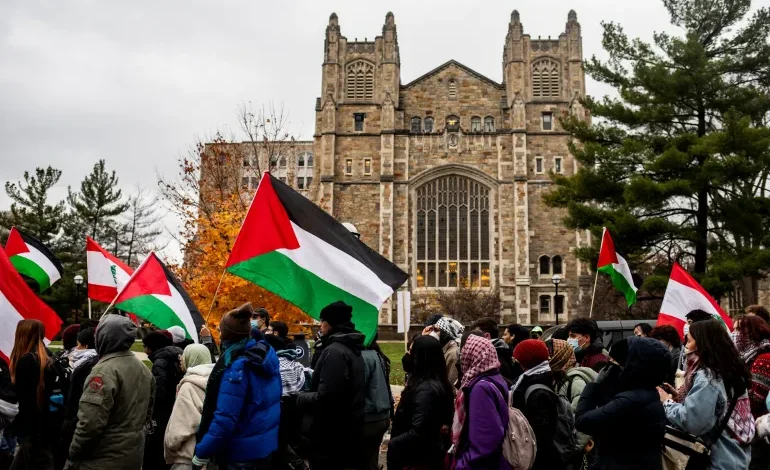
Michigan Attorney General Dana Nessel has decided to drop charges against seven University of Michigan students who were involved in a pro-Palestinian protest in May 2024, Al Jazeera reports.
The charges, which included trespassing and resisting a police officer, were dismissed on Monday following legal delays and ongoing controversy surrounding the case.
The students, who pleaded not guilty, were arrested during a protest that occurred amidst a nationwide wave of pro-Palestinian demonstrations linked to the war in Gaza. In a statement, Jamil Khuja, a member of the students’ defense team, expressed relief, saying, “We feel vindicated that the case was dismissed. These individuals committed no crime whatsoever. They were exercising their right to protest and engage in political speech on public property.”
Despite the decision to drop the charges, Nessel defended her initial pursuit of felony charges, stating that she believed a “reasonable jury would find the defendants guilty of the crimes alleged.” However, she also acknowledged that, nearly a year later, she did not believe it was a “prudent use” of her department’s resources to continue with the case.
The case gained national attention and became emblematic of the broader crackdown on pro-Palestinian activism across the United States. Critics argued that it was an attack on free speech and assembly, particularly given the political sensitivity surrounding the Israel-Palestine conflict.
Defense attorneys had previously filed motions calling for Nessel to recuse herself from the case, citing concerns over bias, but Nessel dismissed these claims as “baseless and absurd.” In her statement, she referred to the pretrial proceedings as having become “circus-like,” attributing delays and distractions to these motions.
Khuja, the defense lawyer, criticized Nessel’s characterization of the case as “circus-like” and reaffirmed the legal team’s confidence in winning the case, either through judicial dismissal or a not-guilty verdict from a jury. He also pointed out that the charges should have been filed by the county prosecutor rather than the state’s attorney general, according to Michigan’s prosecution procedures.
The case drew further attention when Congresswoman Rashida Tlaib, the only Palestinian American in Congress, clashed with Nessel over the protest chant “from the river to the sea, Palestine will be free,” which was used by the students. Tlaib accused Nessel of potential bias, citing the attorney general’s actions as part of a larger effort to stifle pro-Palestinian voices. In response, Nessel accused Tlaib of anti-Semitism, a claim that generated widespread controversy, particularly as Tlaib had not made any comments related to Nessel’s religion or Jewish identity.
Khuja, in his remarks, emphasized that the case went beyond the students involved, representing a broader issue of First Amendment rights. He argued:
“The First Amendment applies to all speech, but it’s been under attack in order to shield Israel from criticism lately.” He further stated, “This case proved that those who believe in Palestinian rights, their views are just as legitimate as anybody else’s, and the First Amendment protects those views and your right to express them.”
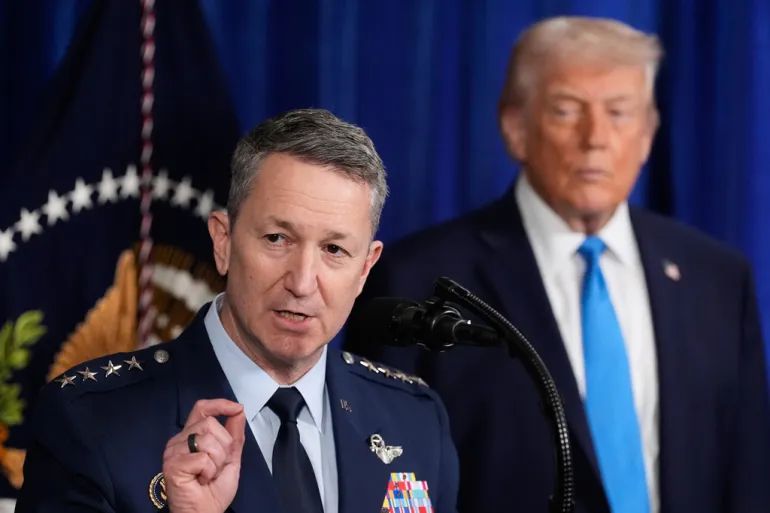
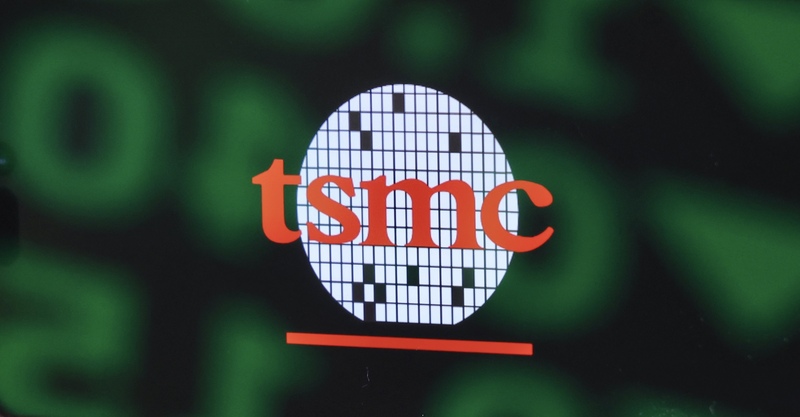
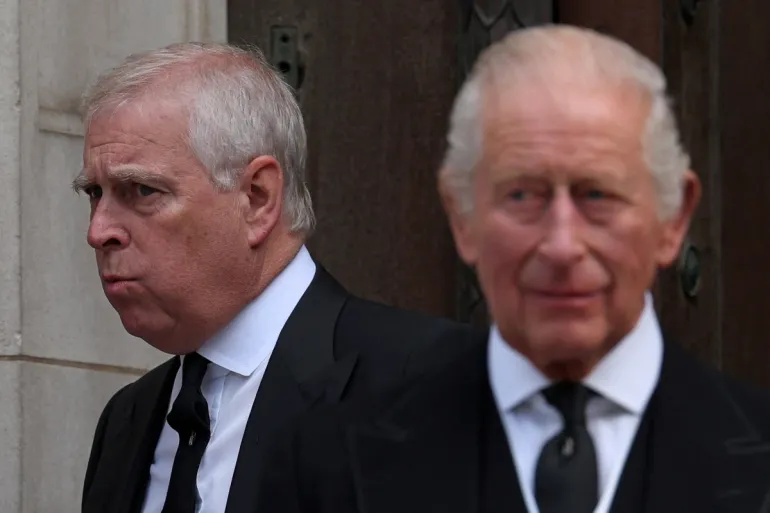

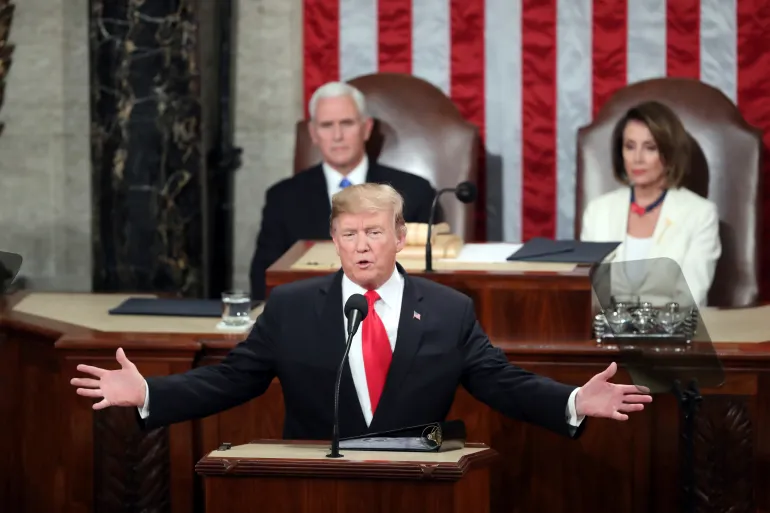




The latest news in your social feeds
Subscribe to our social media platforms to stay tuned